Virtue & Power
Reflect on the ethical dilemmas implied by the pursuit of power.
June 15–July 26, 2025
Washington, DC
Each year, the Hertog Foundation brings together top college students to the nation’s capital to explore the theory and practice of politics in an intensive seminar setting with outstanding faculty. Political Studies Fellows take courses in a wide variety of subjects, from political philosophy to contemporary public affairs, from economics to foreign policy. In the afternoons and evenings, they have the opportunity to hear from leaders in American government and politics.
All fellows receive residential accommodations and a $3,000 stipend to offset travel and living expenses.
Why apply to Political Studies?
This fellowship is a full-time commitment. Fellows should expect to spend the morning in seminar; afternoons and some evenings will be devoted to guest speaker sessions and other class activities. Up to 32 fellows will be accepted to the Political Studies Program.
Any college or university undergraduate, or very recent graduate (2024 or 2025) not already pursuing an advanced degree, may apply to the Political Studies Program.
Admission is extremely competitive, and every year we decline admission to many highly qualified applicants simply due to lack of space. A typical competitive applicant will have:
Deadline: Applicants who apply by the Early Decision deadline (01/13/25) will receive priority consideration. Early Decision applicants are expected to participate in the fellowship if admitted and to withdraw applications from other opportunities. If not admitted in the Early Decision round, applicants may defer to Final Decision to be reviewed again.
The Final Decision deadline is February 24, 2025.
Unofficial
Describe, in 1,000 words or less, the political questions you find most interesting, your future ambitions, and how these relate to your preferred program(s).
12 pages maximum; double-spaced. Please send academic writing that best showcases your ability to invent and sustain a persuasive argument, no matter the subject-matter.
Provide the name and contact information of a professor, mentor, or supervisor. (Letter not required for nominated applicants.)
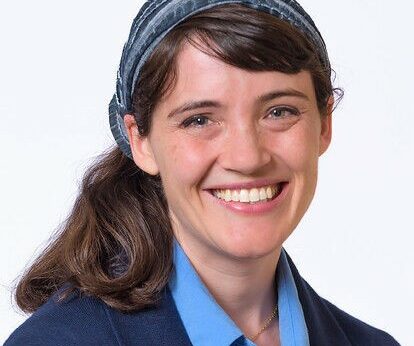

Student, Yeshiva Maharat
Researcher to Bret Stephens at The Wall Street Journal, The Weekly Standard, Tikvah Fellow
St. John’s College, Annapolis
Prolific freelancer Kate Havard Rozansky has had bylines in The Washington Post, The Wall Street Journal, and The Weekly Standard. A graduate of St. John’s College, Annapolis, Kate was part of the inaugural 2010 class of Political Studies, which she credits for helping her get her start in Washington, DC.
I was a sophomore at St. John’s College when I first heard about Hertog. My freshman Greek professor, Adam Schulman, nominated me for the Hertog Political Studies Program. I went into it being interested in the classics; I didn’t have any political background before that.
What drew me to the Program was the Machiavelli, the Aristotle, and the Great Books angle. That’s what I had already been studying at St. John’s and what I was most attracted to. And, of course, the chance to study with [Professors Amy and Leon] Kass was really exciting for me. So that was my pull, and all the political stuff was new to me.
Something I will never forget from Political Studies is the week we were reading Machiavelli. Henry Kissinger was coming to lecture, and I got to give an introduction about Machiavelli and Henry Kissinger in front of Henry Kissinger. That was amazing to me, and is something I will never forget. That class was one of my favorites I’ve ever been in.
At Hertog, the intellectual experience with your peers is also impressive. I met my best friend at Hertog; she was one of my roommates at Political Studies. I’m also close with a good number of other alumni from the 2010 class.
My time at The Weekly Standard was rooted in Hertog. I met the editor, Bill Kristol, at a Political Studies lecture on Tocqueville that he gave. The Political Studies scholars were given copies of The Weekly Standard, and that was my first time seeing it.
After reading The Weekly Standard, I knew that I wanted to work there. Meeting him through Hertog gave me the opportunity to ask for an internship. I don’t think I would’ve been able to do that without Hertog. This was my first exposure to that world, and I kind of ended up in journalism as an accident after the fact of wanting to work for Bill Kristol.
Hertog gave me a lot of great connections that I’m so glad to have had, especially in terms of friends, teachers, and mentors. After The Weekly Standard, I got a fellowship with the Tikvah Fund. That fellowship put me at The Wall Street Journal working for Bret Stephens, which was a wonderful experience. I helped work on a book he was writing that’s just about to come out.
I think because you have direct engagement with this high caliber of teachers, and just by virtue of being immersed in the DC world from the very beginning, Hertog is a great place to go if you’re interested in public policy.
Especially if you’re politically interested, but you’re not exactly sure what aspect of politics you want to get into. Whether it’s political journalism, think tanks, Hill work, or diplomacy, at Hertog you get a chance to preview all the different political lives at once. That’s something you really can’t beat, particularly if you go in like I did with a purely academic background.
I’d still like to be involved in politics and still writing in whatever capacity I can make a living at.
Prolific freelancer Kate Havard Rozansky has had bylines in The Washington Post, The Wall Street Journal, and The Weekly Standard. A graduate of St. John’s College, Annapolis, Kate was part of the inaugural 2010 class of Political Studies, which she credits for helping her get her start in Washington, DC.
“Hertog is a great place to go if you’re interested in public policy. Whether it’s political journalism, think tanks, Hill work, or diplomacy, at Hertog you get a chance to preview all the different political lives at once. That’s something you really can’t beat.”
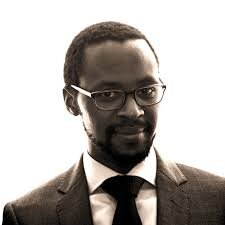
Kevin Kambo
Kevin Kambo is an assistant professor of philosophy at The University of Dallas. He specialises in ancient Greek philosophy, particularly Platonic psychology. He also has scholarly interest in philosophy of technology, liberal education, and philosophy and literature.
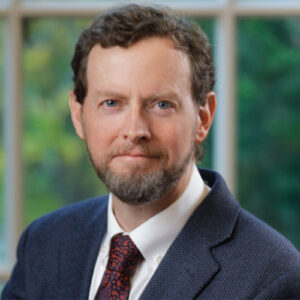
Benjamin Storey
Benjamin Storey is a senior fellow in Social, Cultural, and Constitutional Studies at the American Enterprise Institute. He recently co-authored a book with Jenna Silber Storey entitled Why We Are Restless: On the Modern Quest for Contentment.
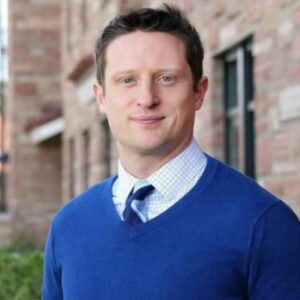
Shilo Brooks
Shilo Brooks is Executive Director of the James Madison Program in American Ideals and Institutions and Lecturer in the Department of Politics. He is author of Nietzsche’s Culture War, in addition to scholarly and journalistic articles on a variety of topics in politics and the humanities. His teaching and research interests lie in the history of political philosophy, politics and literature, and statesmanship.
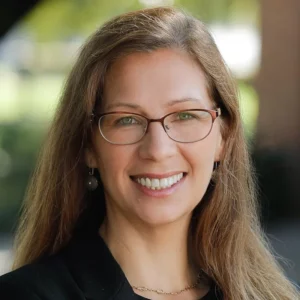
Jenna Silber Storey
Jenna Silber Storey is a senior fellow in the Social, Cultural, and Constitutional Studies department at the American Enterprise Institute. She is the co-author of a book with Benjamin Storey: Why We Are Restless: On the Modern Quest for Contentment.

Ryan P. Hanley
Ryan Patrick Hanley is Professor of Political Science at Boston College. His research in the history of political philosophy focuses on the Enlightenment. He is the author of Our Great Purpose: Adam Smith on Living a Better Life and Love’s Enlightenment: Rethinking Charity in Modernity.
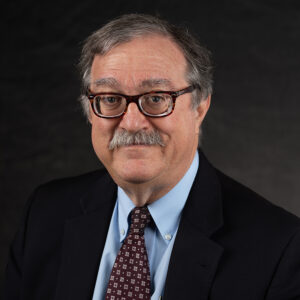
Wilfred M. McClay
Wilfred M. McClay holds the Victor Davis Hanson Chair in Classical History and Western Civilization at Hillsdale College. His book, The Masterless: Self and Society in Modern America, received the 1995 Merle Curti Award of the Organization of American Historians for the best book in American intellectual history.

Daniel Burns
Daniel Burns is Associate Professor of Politics at the University of Dallas. His research in political philosophy focuses on the relation between religion and citizenship. He has recently served as a staffer for the U.S. Congress Joint Economic Committee and as a full-time contractor for the U.S. Department of Health and Human Services.

Diana Schaub
Diana J. Schaub is Professor of Political Science at Loyola University Maryland and a member of the Hoover Institution’s task force on The Virtues of a Free Society. From 2004 to 2009 she was a member of the President’s Council on Bioethics.
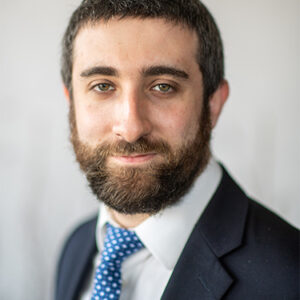
Charles Fain Lehman
Charles Fain Lehman is a fellow at the Manhattan Institute, working primarily on the Policing and Public Safety Initiative, and a contributing editor of City Journal. His work on criminal justice, immigration, and social issues has appeared in the Wall Street Journal and Tablet, among other publications.
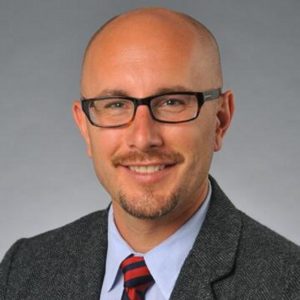
Daniel DiSalvo
Daniel DiSalvo is a Senior Fellow at the Manhattan Institute’s Center for State and Local Leadership and an Assistant Professor of Political Science at The City College of New York-CUNY. His scholarship focuses on American political parties, elections, labor unions, state government, and public policy.
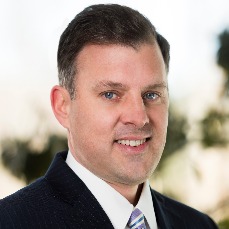
Flagg Taylor
Flagg Taylor is an Associate Professor of Government at Skidmore College, and serves on the Academic Council of the Victims of Communism Memorial Foundation. He is editor most recently of The Long Night of the Watchman: Essays by Václav Benda, 1977–1989. He is currently writing a book on Czech dissent in the 1970s and 1980s and hosts The Enduring Interest podcast.
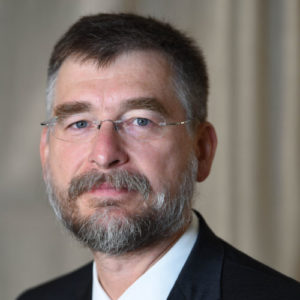
Jakub J. Grygiel
Jakub Grygiel is an Associate Professor at the Catholic University of America. From 2017–18, he was a member of the Policy Planning Staff at the U.S. Department of State. His most recent book is Return of the Barbarians: Confronting Non-State Actors from Ancient Rome to the Present.
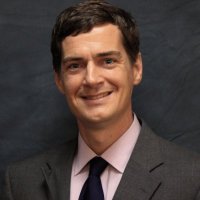
Hugh Liebert
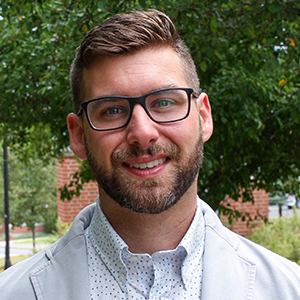
Matthew Dinan
Matthew Dinan is an Associate Professor in the Great Books Program at St. Thomas University in Fredericton, New Brunswick, Canada. He does research on Ancient Greek, Christian, and 19th and 20th Century Political Philosophy.
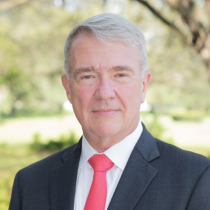
Gen. Kenneth F. McKenzie Jr.
Gen. Kenneth ‘Frank’ McKenzie Jr. is the former Commander of United States Central Command. He led a distinguished 42-year military career, commanding at multiple levels within the Marine Corps and serving on the Joint Staff. His leadership roles included commanding the First Battalion, Sixth Marines, and the 22nd MEU (SOC) during combat deployments to Afghanistan and Iraq.
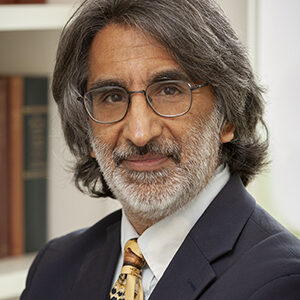
Akhil Reed Amar
Akhil Reed Amar is Sterling Professor of Law and Political Science at Yale University, where he teaches constitutional law in both Yale College and Yale Law School. He is Yale’s only currently active professor to have won the University’s unofficial triple crown — the Sterling Chair for scholarship, the DeVane Medal for teaching, and the Lamar Award for alumni service. His latest and most ambitious book, The Words That Made Us: America’s Constitutional Conversation, 1760-1840, came out in May 2021. He has recently launched a weekly podcast, Amarica’s Constitution.

Adam J. White
Adam J. White is the Laurence H. Silberman Chair in Constitutional Governance and senior fellow at the American Enterprise Institute, where he focuses on the Supreme Court and the administrative state. Concurrently, he codirects the Antonin Scalia Law School’s C. Boyden Gray Center for the Study of the Administrative State.
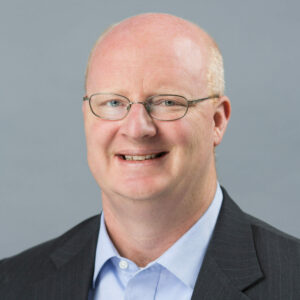
William Inboden
William Inboden is Executive Director and William Powers, Jr. Chair at the Clements Center for National Security at the University of Texas-Austin. Previously he served as Senior Director for Strategic Planning on the National Security Council at the White House.